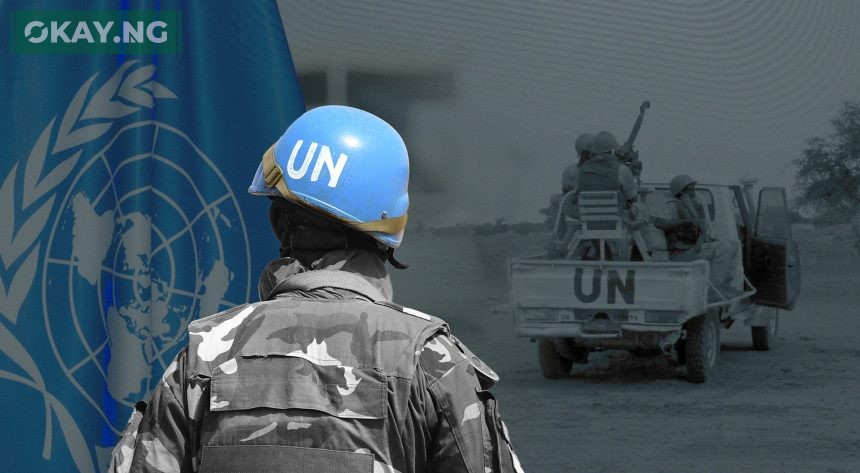The White House budget office has proposed a significant shift in U.S. foreign policy, aiming to eliminate funding for United Nations peacekeeping missions. This move, revealed in internal planning documents, cites perceived failures of operations in Mali, Lebanon, and the Democratic Republic of Congo. The proposal, part of the Office of Management and Budget’s (OMB) “Passback” to the State Department’s funding requests for the upcoming fiscal year, raises questions about the future of U.S. involvement in international peacekeeping efforts.
As the largest contributor to the UN, the U.S. accounts for 22% of the $3.7 billion core regular UN budget and 27% of the $5.6 billion peacekeeping budget. These are mandatory contributions, and the proposed cuts could have significant ramifications for the UN’s ability to maintain its peacekeeping operations.
“For example, Passback provides no funding for CIPA, ending contributions for international peacekeeping due to the recent failures in peacekeeping, such as with MINUSMA, UNIFIL, and MONUSCO, and the disproportionately high level of assessments,” according to an excerpt from the Passback. This statement highlights the administration’s dissatisfaction with the performance of specific missions, suggesting a critical reassessment of the value of these operations.
Reuters reports that the proposed cuts are not guaranteed. Congress, which ultimately holds the power of the purse, could restore some or all of the funding. This potential pushback echoes past instances where lawmakers challenged proposed budget cuts during the previous administration. State Department spokesperson Tammy Bruce noted, “There is no final plan, final budget,” indicating the ongoing nature of these discussions.
The UN peacekeeping budget supports nine critical missions worldwide, including those in South Sudan, Western Sahara, Cyprus, Kosovo, and the Golan Heights. The proposed elimination of funding could severely impact these operations and the stability they aim to maintain.
In addition to the cuts, the OMB Passback proposes establishing a $2.1 billion America First Opportunities Fund (A1OF). This fund, as per the documents, is intended to cover select foreign economic and development assistance priorities. “Should the Administration seek to pay any assessments for the United Nations Regular Budget or peacekeeping assessments, we would look to provide that funding from the A1OF,” the Passback outlines.
The U.S. currently owes nearly $1.5 billion for the regular UN budget and approximately $1.2 billion for the peacekeeping budget. Delays in payment could potentially result in the U.S. losing its vote in the 193-member General Assembly.
The proposed budget changes coincide with UN Secretary-General Antonio Guterres’s efforts to enhance efficiency and reduce costs as the organization approaches its 80th year amid financial strain. UN spokesperson Stephane Dujarric declined to comment on the leaked memo, emphasizing its nature as “part of an internal debate within the U.S. government.”
As someone who has covered international policy for the past five years, I understand that the ramifications of the proposed budget cuts extend far beyond financial figures. These decisions impact real people, and the peace and stability of entire regions. The potential reduction of UN peacekeeping resources could leave vulnerable populations exposed to heightened risks.













